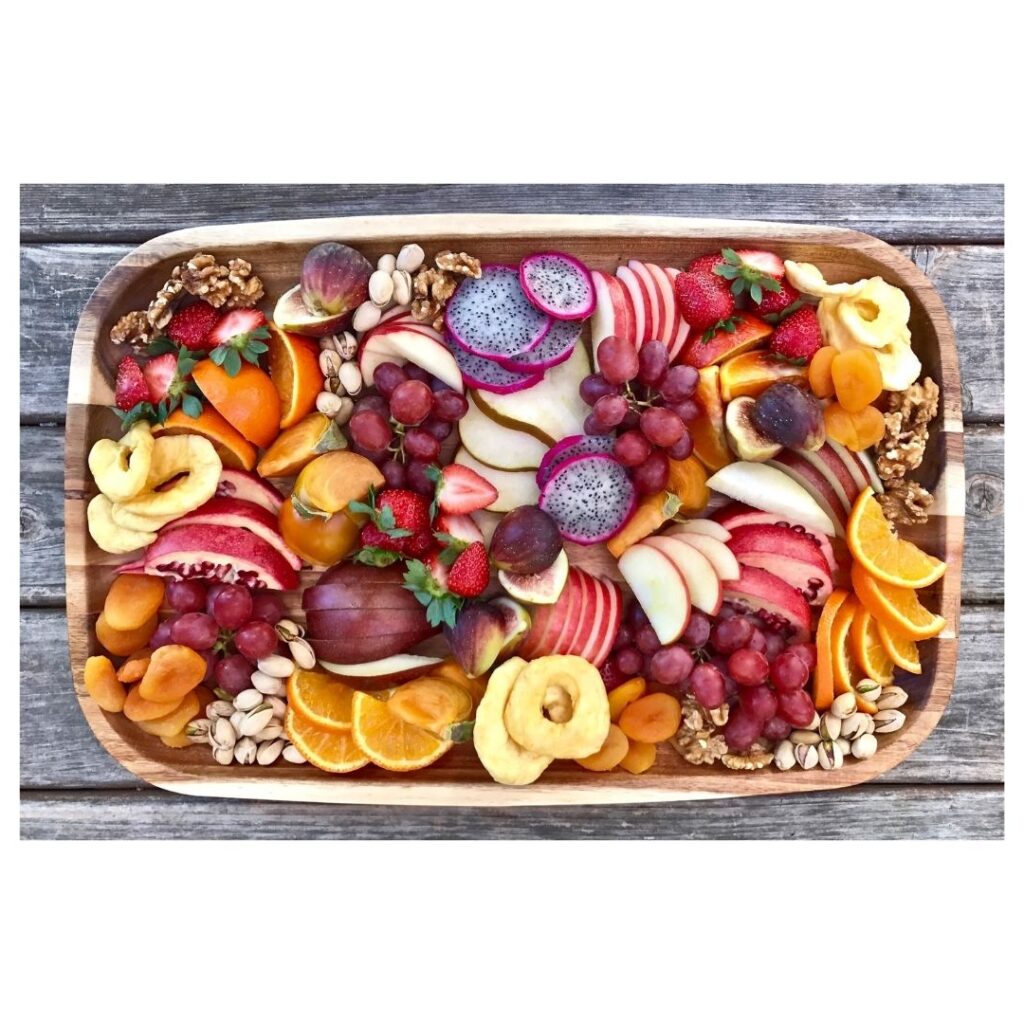
Fruits are one such category of our grocery which we may want to store them to last a reasonable period of time. But before we procure them, it would be quite helpful if we are aware of some small aspects of how to select, pick or buy and then store them for a few days. Here are some simple and practical tips for the commonly used fruits in most households.




